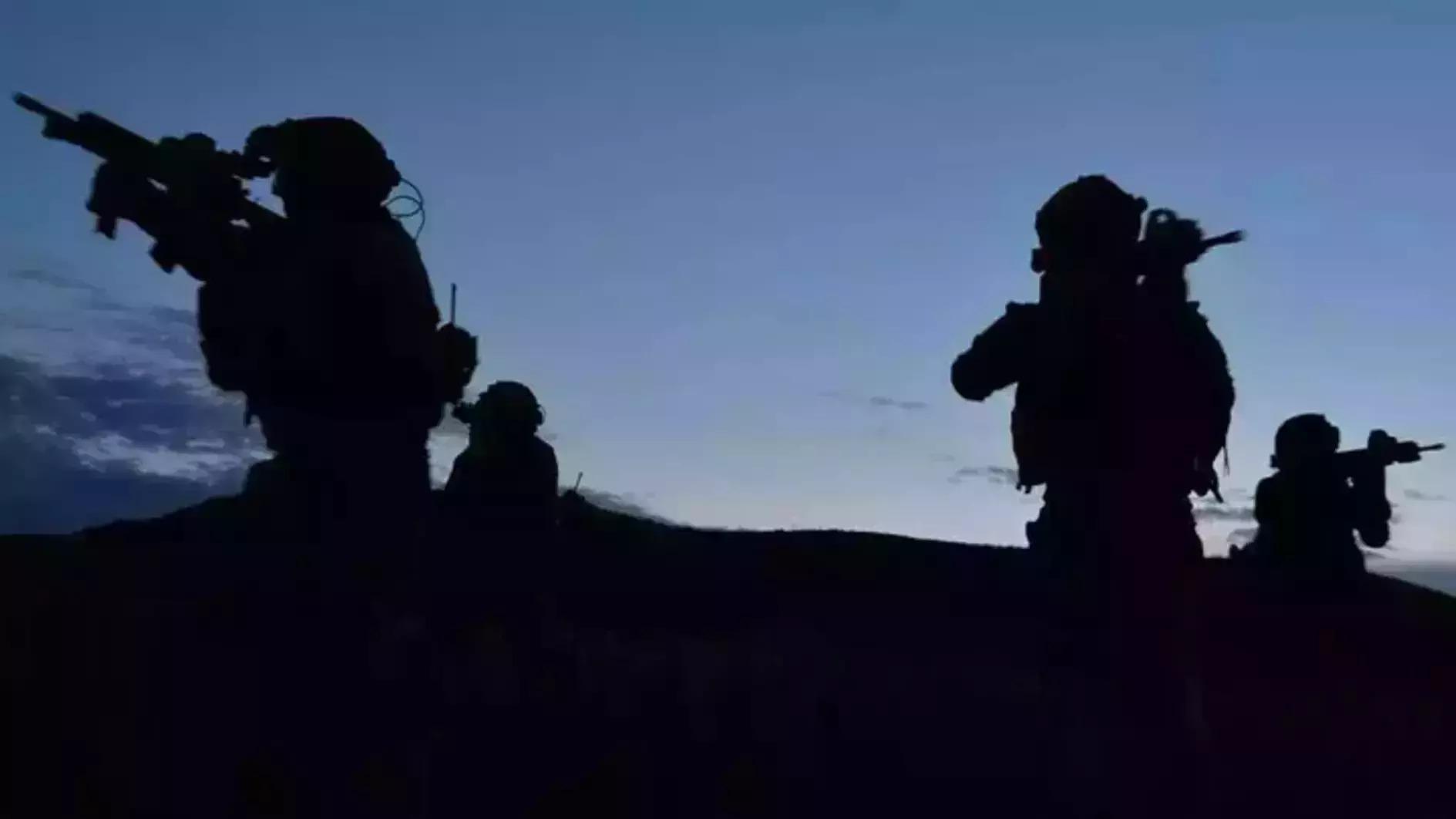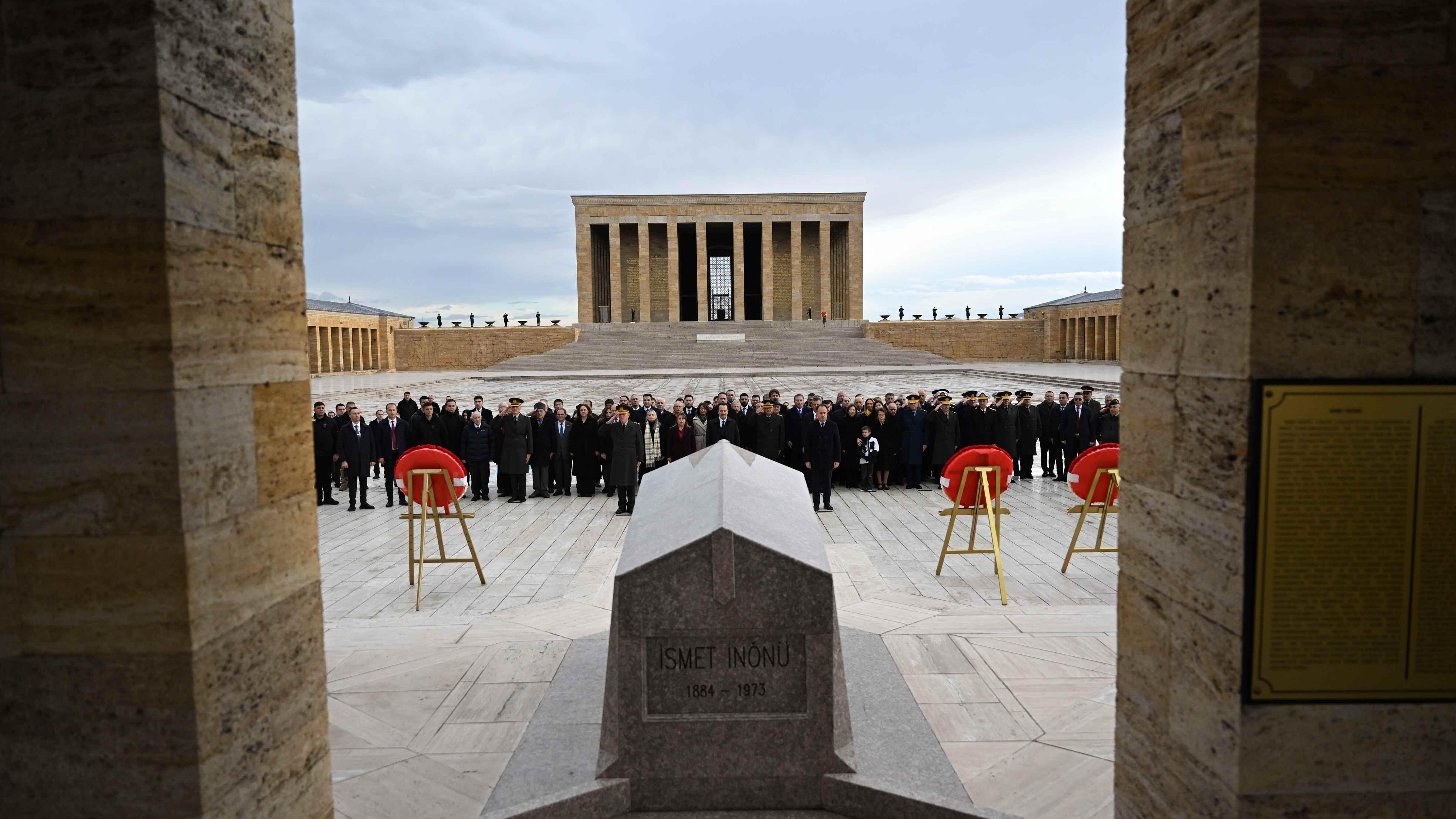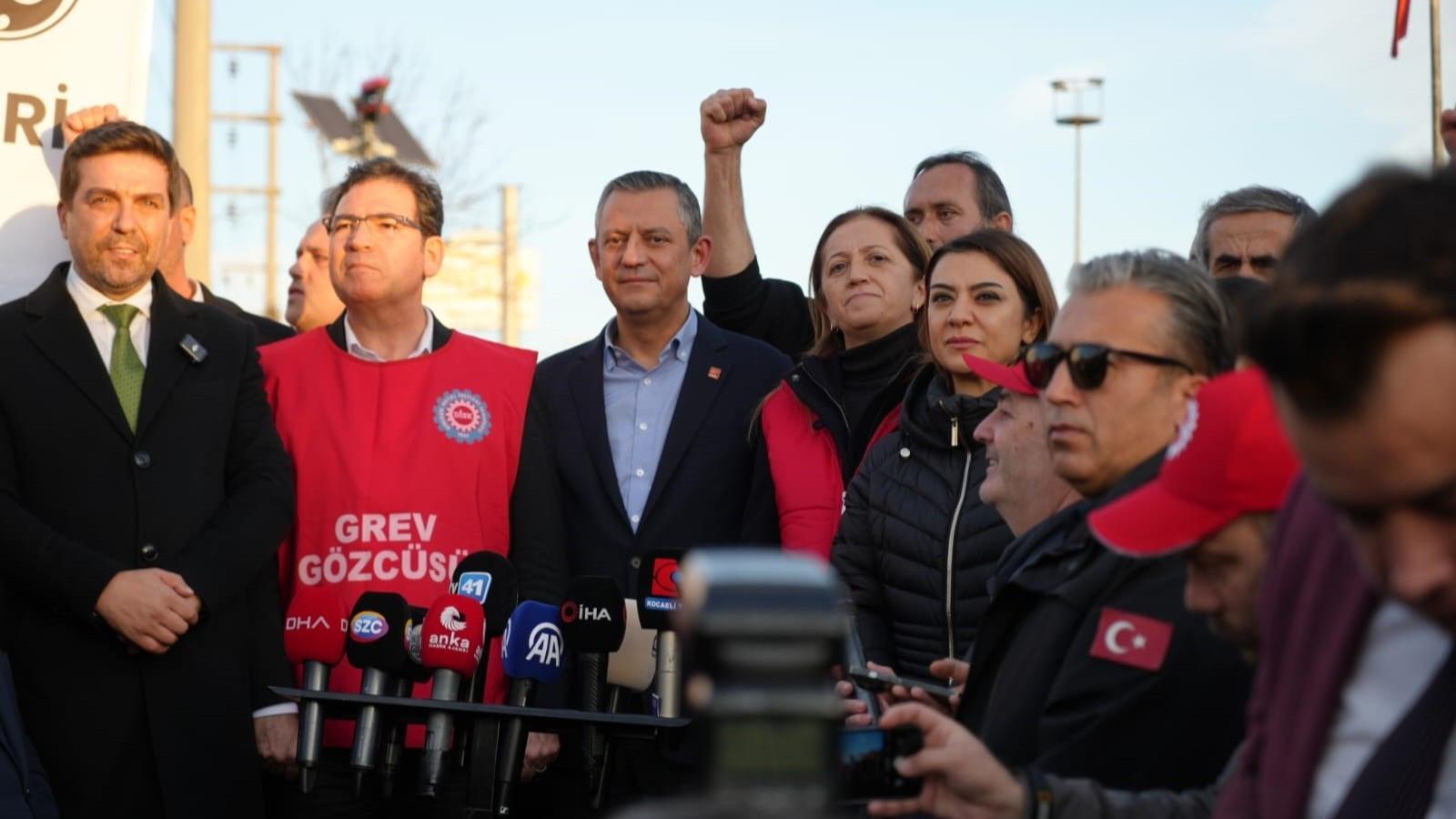Merkel and the ‘Revolutionary Road’
“Although I do have reservations over the full membership issue, I do want this process to proceed.” This paradoxical sentence is what German Chancellor Angela Merkel said with regard to Turkey’s accession to the European Union during her visit to Turkey last week.
While some circles focused on her statement that she prefers an “open-ended” process for Turkey’s membership negotiations, others highlighted that “privileged partnership” was not pronounced and was replaced by a warmer rhetoric.
Turkish President Abdullah Gül, on the other hand, commented in a TV program last week that he noticed no radical change in Germany’s stance at all. These incompatible reactions reflect the current ambivalent status of Turkey-EU relations. It also shows that even if the stalled accession negotiations resume, the halting pattern is likely to remain characteristic of the talks which began in 2005.
Merkel must be feeling the EU’s existential crisis in her bones. Still, her sentences reminded me of the union’s vision of the 1990s: That the West’s dominance could build a unipolar European order. But in 2013, the EU’s moment is over. Political attention is flowing from the Atlantic to the Pacific. Hence Europe risks being transformed from a center of geopolitics into a periphery whose welfare depends on decisions taken elsewhere. And by insisting on defending an order which will not come, Europe is only contributing to the emergence of a multipolar Europe, characterized by competition between the major powers.
This new context makes a revitalized relationship with Turkey more of an imperative for Europe. It is not only that Turkey’s growing economy would make it a key partner. Turkey’s accession would also greatly contribute to the union’s global relevance. Turkey is acting as what Professor Philip Robins terms “a double-gravity state” that has links both to the Euro-Atlantic Community and to its Middle Eastern neighborhood. Hence Turkey’s active inclusion in Europe would certainly have influence on whether the EU will be able to play the role of a global actor.
Turkey, on the other hand, also needs a revival in relations with the EU. Turkey’s EU membership prospects increase its added value to the region’s stability and economic and political development. Moreover, the changing regional dynamics in the wake of the Arab Awakening make this need urgent, leading Turkey to rediscover the virtues of cooperating with its transatlantic allies. Furthermore, the transition to democracy in the Arab world will be a painful one, with numerous ups and downs accompanied with instability. During this transition period, Turkish companies will need access to the European market to make up for their possible losses.
In the movie “Revolutionary Road,” the main character says in an episode: “Knowing what you’ve got, knowing what you need, knowing what you can do without. That’s inventory control.” Both Turkey and Europe certainly know what they have got and need. Now is the time to question what they can do without. The answer will shape the future of their relationship.











